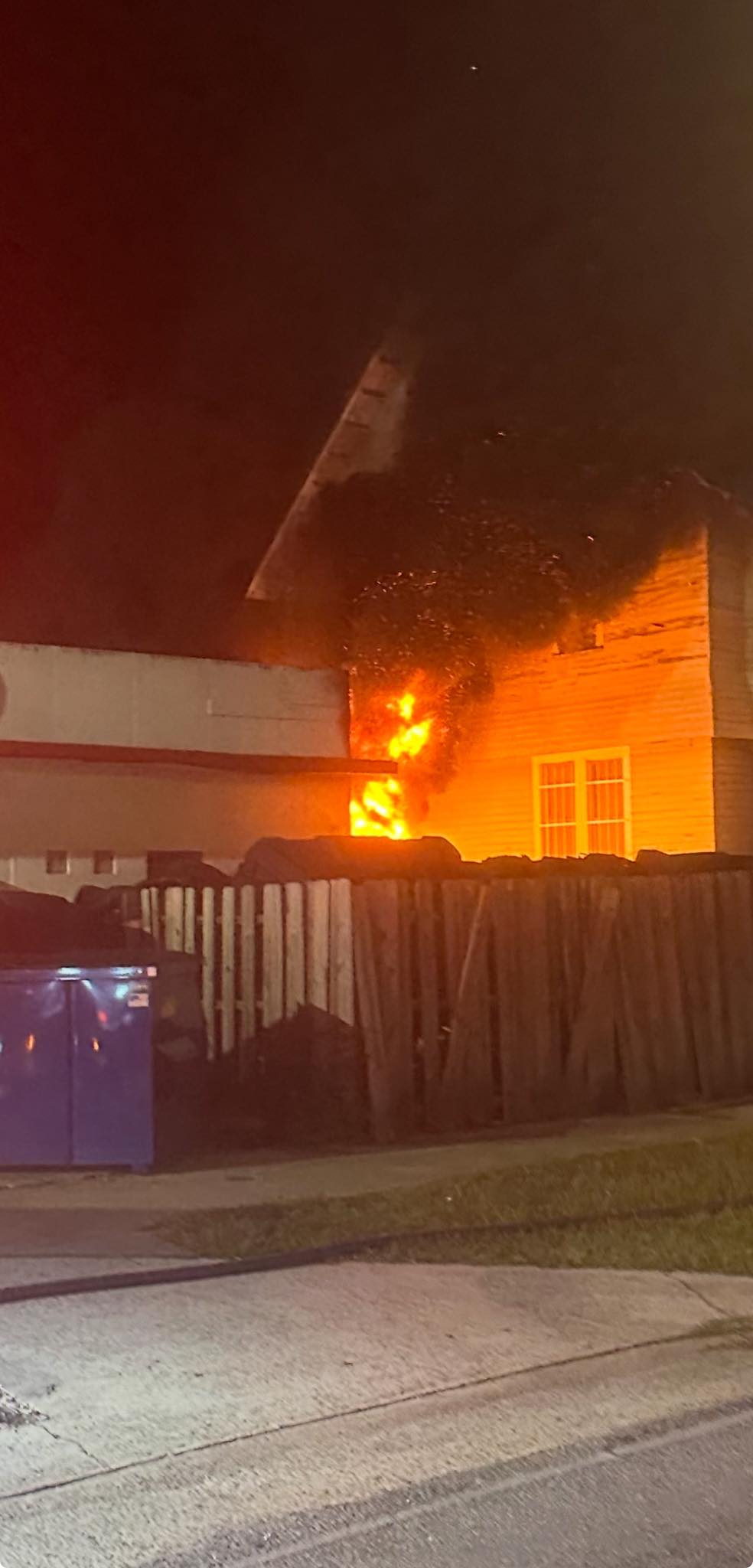Lawmakers gear up for return to Capitol
Published 1:15 pm Friday, June 12, 2020

- The Capitol Building bustles with lawmakers and lobbyists on the first day of the 2020 legislative session in Atlanta on Jan. 13.
ATLANTA — Lawmakers return to the Capitol Monday in what will likely be a mad dash to finalize the state budget and push unfinished business across the finish line.
After the COVID-19 pandemic froze legislative proceedings with just 11 days left in the 2020 session, lawmakers have anxiously waited for the day they can get back to the Capitol and assess the damage coronavirus has had on state finances.
Trending
But the Capitol still remains ripe for virus spread. Many lawmakers are part of the at-risk population because of both age and health conditions. While the legislation must be finished and the Fiscal Year 2021 budget finalized, lawmakers will have to adhere to new safety protocols that will likely slow the legislative day.
Safety first
Precautions begin as soon as lawmakers walk through the door.
At the request of House Speaker David Ralston, a bipartisan committee led by Majority Leader Jon Burns, R-Newington, and Minority Leader Bob Trammell, D-Luthersville, created a lengthy list of new Capitol protocols for the remainder of the session.
Masks are mandatory for House members, staff and the public when attending committee meetings. To comply with social distancing standards, House members will be split between the chamber floor, the gallery and room 341 during floor sessions.
As of Monday, to encourage the public to watch meetings online when they can, all House committee and subcommittee meetings will be streamed live.
Trending
All House members have been “strongly” recommended to be tested for COVID-19 before returning June 15. If members test positive during the session, it is recommended they must fully participate in contact tracing through the Department of Public Health to identify others they may have been in contact with and disclose their test results to Ralston and Human Resources.
All entrances to the Capitol will be closed except two that have been fit with new infrared temperature screening scanners. If members have a temperature over 100.4 degrees Fahrenheit, they should not enter the building without getting tested.
“I realize these procedures may prove an inconvenience and may cause our daily business to take longer than normal,” Ralston said in a memo to members. “However, we are acting out of an abundance of caution so that we may conduct our business in as safe and orderly a manner as possible.”
Rep. Clay Pirkle, R-Ashburn, called the new safety protocols “uncharted territory” and while he understands the necessity, it will be hard for members “to get a feel for the room” when taking votes if they are split in three different locations.
“It bothers me a little bit all the social distancing we will have to do,” he said. “But ultimately, it’s to make sure any compromised representative or representative in the ‘at-risk’ category feels as safe as I do.”
Pirkle said he was tested this week and is still awaiting results.
Rep. John LaHood agreed while the extra steps will be inconvenient, they’re “reasonable” given the situation. LaHood has been tested and said the chamber is striving toward all members being tested before Monday.
Senate members are also encouraged to adhere to Centers for Disease Control and Prevention COVID-19 guidelines, according to Hanna Yu, press secretary for Lt. Gov. Geoff Duncan. That includes social distancing and masks.
Last push for pending bills
Lawmakers lucky to have their bills passed on Crossover Day — three months ago — are working on getting them through the opposite chamber.
With the pandemic putting a spotlight on Georgia’s nursing and assisted living home facilities, LaHood said he hopes legislation he sponsored with the help of Rep. Sharon Cooper, R-Marietta, chairman of the House Health and Human Services Committee, will pass through the Senate.
The bill increases penalties for neglect and abuse as well as require more safeguards for elderly patients with dementia.
Rep. Rick Williams, R-Milledgeville, is pushing for his bill — Gracie’s Law — to pass in the Senate. The bill would protect a person with disabilities from being denied an organ transplant when they are otherwise eligible.
Pirkle, who is a member of the governor’s coronavirus task force on the economy, said he hopes to maneuver a new tax credit into legislation to help boost small businesses that have been severely impacted by the pandemic.
The tax credit recommended by the task force would specifically be for small and medium-sized businesses that rehire employees.
“It is so we can provide a little additional boost for companies that are struggling,” he said. “To find a way to get Georgia back to work again.”
Battling the budget
But no matter the legislative agenda of lawmakers, there’s only one thing that must be done — finalizing the FY21 budget. The task likely to take up a majority of lawmakers’ time.
Appropriations leaders have already heard budget proposals from many government agencies that slash 14% through various means — many through facility closures, furloughs, job freezes and even layoffs.
The state’s May tax revenues were down more than 10% — the second month to see a decline. While the drop is still significant, the numbers weren’t as bad as many lawmakers were bracing for — giving some a small glimmer of hope that the amount of spending cuts needed can be reduced.
Lawmakers are already lobbying for some items to not be cut.
Agriculture Commissioner Gary Black dealt devastating news for rural Georgia during budget hearings when he announced several farmers markets may be shutdown including the one in Thomasville. The closures would save about $780,000.
“This may be one of the big shockers and certainly it’s one of the less comfortable things to even begin to talk about, given our history and the importance of our marketing division,” Black said.
LaHood said he has been in active discussions with Black, other legislators and community leaders about ways to save the Thomasville farmers market.
“Out of all the farmers markets outside of Atlanta,” he said. “The Thomasville market does tend to hold its own.”





